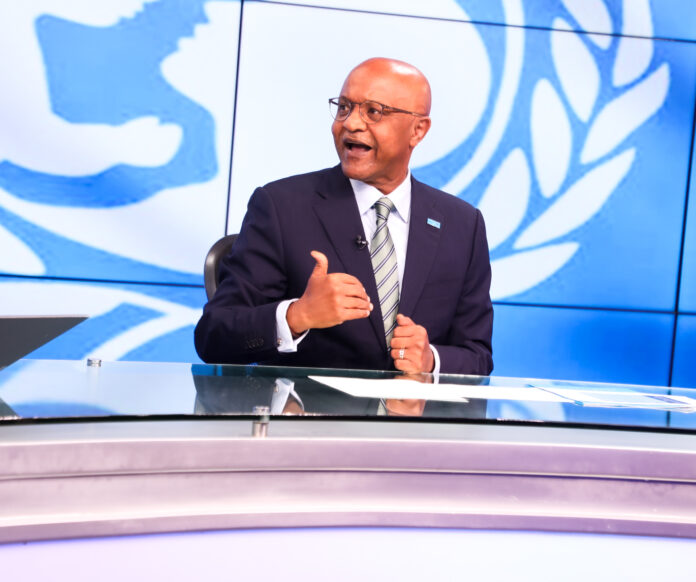The United Nations Children’s Fund (UNICEF) has commended the Government of Ghana for fulfilling its 2025 co-financing obligation of $24.5 million for vaccine procurement.
UNICEF has described the move as a significant step toward sustaining child health and immunisation coverage.
In a statement, the UNICEF Representative in Ghana, Osama Makkawi Khogali, lauded the timely payment, which helps sustain progress in protecting children’s health and significantly reduces the risk of vaccine shortages.
“It is a strong demonstration of the government’s continued commitment to strengthening the national immunisation programme,” the statement hailed.
Ghana consistently and timely met its vaccine financing obligations until 2022, when post-COVID-19 economic challenges, rising co-financing requirements, and limited fiscal space linked to the country’s transition from Gavi support led to delays.
This full payment marks a significant milestone in Ghana’s return to pre-pandemic financing performance.
Completing the 2025 co-financing obligation is critical to ensuring uninterrupted vaccine supply, maintaining herd immunity, and supporting the introduction of new vaccines.
It also strengthens the broader health system and safeguards the health and survival of Ghanaian children.
“I am proud to stand with the Government of Ghana in celebrating this important milestone. Although post-COVID economic pressures led to delays in payments and interrupted regular vaccine availability and ultimately vaccination coverage, this full payment reflects a commendable prioritization of child health.
“By investing in immunization, the government is ensuring that every Ghanaian child regardless of location, is protected from vaccine-preventable diseases,” the statement noted.
UNICEF further says it welcomes Ghana’s renewed commitment to immunization and encourages continued efforts to strengthen domestic vaccine financing, especially as development aid declines.
“This aligns with Ghana’s Transition Roadmap: Towards Self-financing of Immunisation Services,” it added.
Investing in vaccines offers one of the highest returns in public health, preventing disease is far more cost-effective than treating it. Sustained investment today lays the foundation for a healthier and more resilient future generation.
Source: UNICEF.org
ALSO READ:



